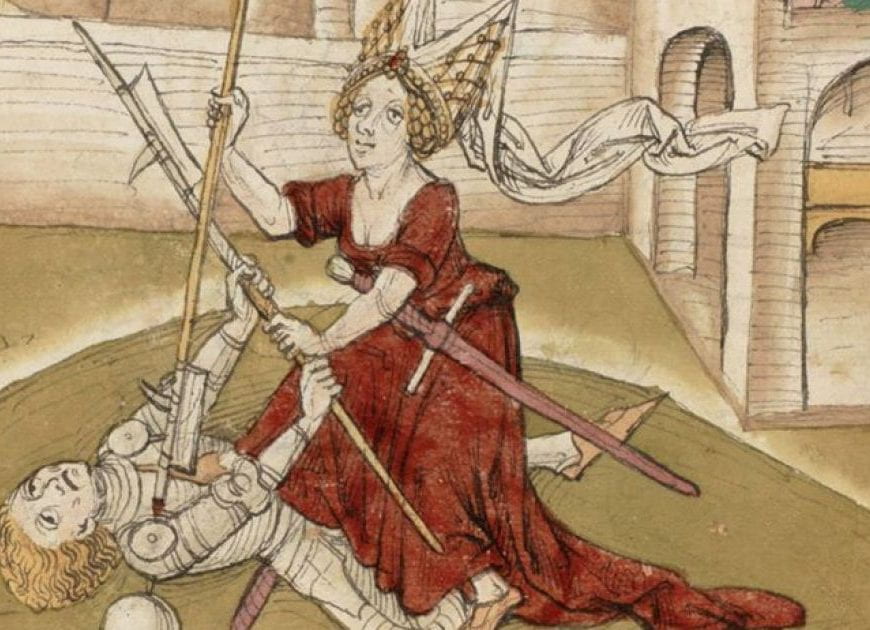
Eve, Adam, and Innocence: Eden as a Land of Childhood
The author of Genesis A/B, an Old English verse interpretation of the Hebrew Bible’s Book of Genesis, expands considerably upon certain aspects and details of the creation story. The elaboration most relevant to this entry is the additional details given to the creation of Adam and Eve, the Biblical first humans. The original Genesis story is sparse, limiting the narrative to the creation of the bodies of the humans: Adam…

